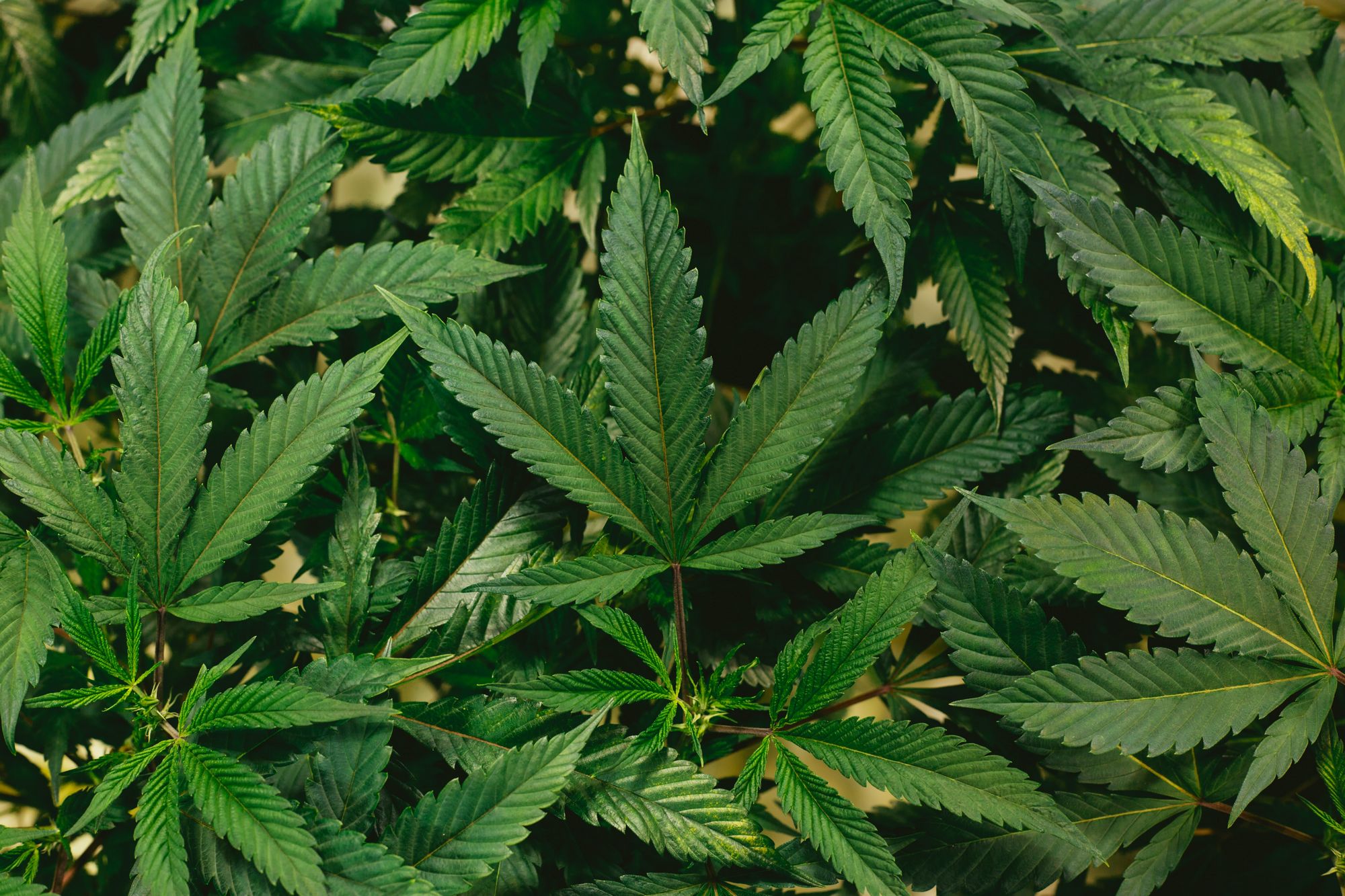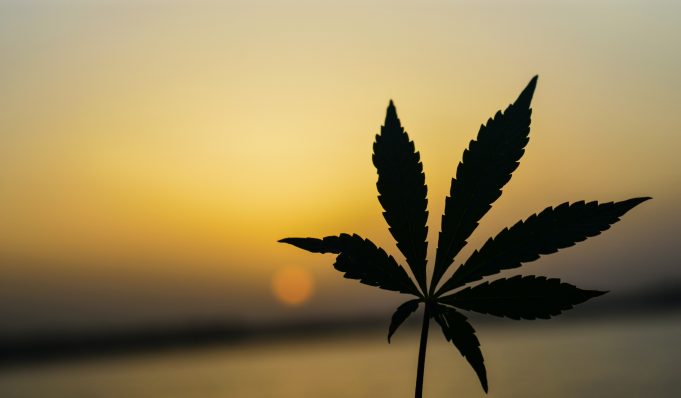Currently, the possession and use of controlled substances, including cannabis, are illegal in New Zealand as set out in the Misuse of Drugs Act 1975. Cannabis is classified as a class B drug, this means that it has a “ high risk of harm ”. Therefore, a judge could impose a prison sentence. This does not happen with class C drugs.
Cannabis use and possession can result in a two-month prison sentence, a $500 fine, or both. On a day-to-day basis, the police turn a blind eye to its consumption, especially with small amounts.
Imprisonment is ruled out if the individual can prove that the possession of cannabis is to prevent a third party from committing a crime, or that he possesses it to supply it to someone who is empowered to do so.
It seemed that the law was going to change in New Zealand. In 2017, the government declared that it would hold a cannabis referendum in 2020 to hear New Zealanders’ views on decriminalizing or even legalizing recreational cannabis use.
Sandra Murray, manager of the #makeitlegal campaign told The Guardian: “We know from polling over a number of years that the majority of New Zealanders support reform of the cannabis law .”
However, the referendum was overshadowed by the 2020 COVID-19 pandemic, and polls indicated public support for marijuana legalization was declining.
Andrew Geddis, Professor of Public Law (University of Otago) commented: ‘Those who wanted a vote in favor had to convince a considerable number of people that their previous prohibitionist positions were wrong. At the moment, it does not seem that they have been able to do it and time is running out.
It is unclear whether Prime Minister Jacinda Ardern’s confession about past marijuana use will benefit or harm her. Unfortunately, the proposed Cannabis Legalization and Control Law was rejected with a majority of 50.7%.
Is cannabis legal in New Zealand?
Cannabis sales and distribution are also prohibited in New Zealand. Possession and use are not distinguished in New Zealand’s Drug Abuse Act, so the same penalties apply.
Cannabis trafficking, on the other hand, is regarded as a much more severe crime. Importing or exporting this substance is punishable by up to seven years in prison.
Can marijuana or cannabis be grown in New Zealand?
It is illegal in New Zealand to grow “forbidden plants.” This act is punishable by up to seven years in prison.
Despite this, cannabis continues to be cultivated in this country. Some do so for medical reasons, as it is currently difficult to obtain medicinal derivatives of cannabis with a prescription. A Massey University researcher found that 16% of New Zealand cannabis growers have had run-ins with the police.
Is CBD permitted in New Zealand?
Before 2018, CBD was only available with a prescription. However, an amendment was approved at the end of 2018 that changed its legal situation. CBD is no longer a controlled substance and can be purchased and consumed for up to three months with a prescription. However, THC levels in CBD and related psychoactive substances in the product must not exceed 2%.
Can marijuana seeds be shipped to New Zealand?
Sending cannabis seeds to New Zealand is currently illegal. Customs agents seized 19,000 seeds in 2018.
But if you are planning to get cannabis seeds, Herbies provides top-quality weed seeds in New Zealand at affordable prices.
Medical cannabis in New Zealand
Before 2018, medicinal cannabis derivatives were available in New Zealand but with limited access. Products like Sativex were expensive and difficult to find because the country lacked manufacturing facilities. Some unauthorized products, such as Cesamet and Marinol, could be authorized individually, but this was rare.
The legislation underwent significant changes in December 2018. Among the modifications were:
Better access to cannabinoids for terminally ill patients (who can access them without a prescription)
CBD has been removed from the list of controlled substances, making it fully accessible to patients in need.
The new legislative authority established new quality standards for medicinal cannabis derivatives produced or imported into the country.
“People at the end of their lives should not worry about being arrested or jailed when trying to manage their grief,” said Health Minister David Clarke. This compassionate and caring law will make a significant difference in their lives.”
Prohibition Partners questioned Manu Caddy, the president of Hikurangi Cannabis, about the future of the medical cannabis industry. “We expect three or four medical cannabis companies to be licensed in New Zealand over two years,” he said. We also anticipate collaboration agreements between Canadian and New Zealand businesses.”
In 2019, the Ministry of Health passed new legislation to increase access to medical marijuana by encouraging domestic production and relaxing strict prescription rules.
The government also established a minimum quality standard for medical marijuana to ensure the consistency and quality of the products on the market.
The Medical Marijuana Plan was finally launched a year later. This is expected to increase patient availability and boost the medical cannabis industry.
The original plan called for a transition period during which medical marijuana products imported into New Zealand before April 1, 2020, could be supplied until October 1. An extension that allows the supply of medicinal products without evaluation until September 30, 2021, has been granted.
New Zealand will host the prestigious MedCan summit on medical marijuana in October 2021. “The event has been planned to constitute a solid base of scientific knowledge that allows the advancement of the medical marijuana industry,” said MedCan representatives.
“Our goal is to ensure that everyone who attends MedCan leaves with a comprehensive understanding of what lies ahead and how we can maximize the success of this exciting industry,” says Zahra Champion, CEO of BioTechNZ. She also mentions that “with over $100 million invested in New Zealand’s medical cannabis sector so far, 2021 is shaping up to be a banner year.”

New Zealand industrial hemp
Hemp can be grown legally in New Zealand if the grower is licensed. The government grants these licenses.
The Drug Abuse Act classifies hemp as a controlled substance, but cultivation is permitted as long as THC levels are less than 0.35 percent. However, the law states unequivocally that hemp may not be promoted for psychoactive purposes or supplied to unauthorized individuals. As specified by the General Director of Health, only specific varieties may be cultivated.
The hemp cultivation license is valid for one year and costs $511.11. For $153.33, You can obtain additional research and cross-species permission.
Industrial hemp cultivation is becoming increasingly popular in the country. The first was in 2018.
Cannabis history
Before the arrival of Europeans, New Zealand had not had much contact with cannabis. However, when the British colonized the country, drugs, most notably painkillers, were introduced to the Maori population. There was no anti-drug legislation in place, so New Zealanders were free to consume.
The Dangerous Drugs Act was passed in 1927, and Indian hemp was included as a controlled substance. It was, however, still consumed with a prescription. Cannabis was prohibited entirely when New Zealand signed the Single Convention on Narcotic Drugs in 1961, a decision supported by the Narcotics Act of 1965.
Cannabis use increased during the “swinging sixties” (1960s) when young people experimented with psychotropic drugs. This consumption has continued to the present day. It is the fourth most popular recreational drug after caffeine, alcohol, and tobacco.
Cultural Values
Cannabis has a favorable public perception. According to a New Zealand Drug Foundation survey, 67 percent of citizens believe The government should decriminalize personal possession of this substance. It has 87 percent support as an analgesic and up to 89 percent support as analgesia for the terminally ill.
However, only 38% believe cannabis derivatives should be sold in retail stores, indicating that there is still some stigma associated with its use.
Conclusion
In New Zealand:
- Cannabis use is prevalent in the country. In a 2012/13 government report, 11 percent of adults over the age of 15 say they have used cannabis in the past year.
- Maori adults and those living in disadvantaged areas are statistically more likely to use it.
- New Zealand was one of the few British colonies where hemp was not grown extensively in the past. This is so because “harakeke,” the “New Zealand hemp,” grew widely and could be used to make rope and other fibers.
The possibility of New Zealand following South Africa and Portugal in decriminalizing cannabis for recreational use appears real. True, the government has made medical cannabis more accessible and has encouraged the growth of industrial hemp cultivation.








